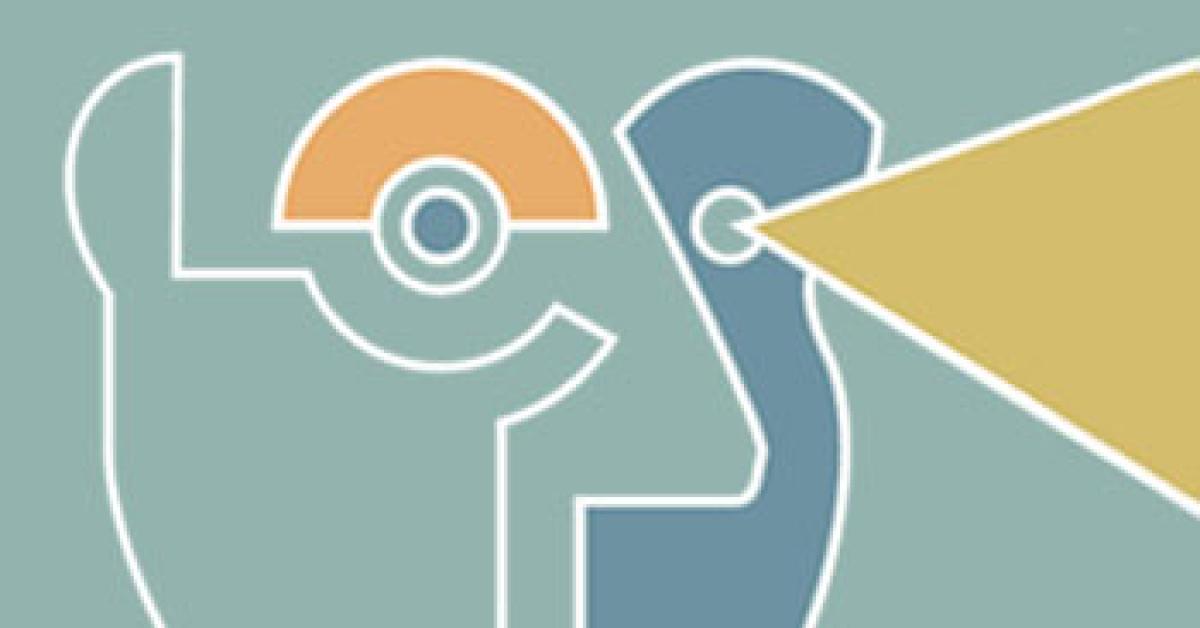PEMBROKE, Mass. — Most dry cleaners wonder if they are paying too much in taxes. Few are willing to study the tax codes or the changes that come out every year, so most rely on accountants. But what happens if your accountant is too conservative or uninformed? Here are answers to some common questions that should provide food for thought for the current tax season:
Q: How much will the changes in Social Security affect me, what with Medicare going up to 3.8% and the Social Security reduction ending?
Since the temporary payroll cut has been eliminated, you can expect to have 2% more Social Security withdrawn from your paycheck. Or, if you’re self-employed, your Social Security/Medicare burden will go from 13.3% to 15.3%. As for Medicare increasing to 3.8%, that’s only for single taxpayers earning more than $400,000 (married, more than $450,000).
Q: Will the new 20% capital gains affect me if I sell stock?
It’s still 15% for most of us. The 20% capital gains is only for those earning more than $400,000, including stock gain. But if you sell your business this year, you will most likely pay a higher capital gains tax.
Q: Is it really necessary to send in estimates?
Our tax system is set up for employed workers to have a portion of their weekly paycheck taken out every week and deposited in a tax fund. But the system is not set up to do that for business owners. So, business owners must send in quarterly or monthly estimates to cover their expected profit tax liability.
If enough isn’t put into the system, the IRS penalizes you with a surcharge. Generally, it might run 8% of what you owe. But the bigger problem is getting behind, and not being able to catch up. So it is vitally important to anticipate your profits and pay the appropriate taxes in the form of estimates.
Q: What happens if the IRS catches me cheating?
You are committing fraud, and could go to jail. As a general rule, if you are audited and found that you have overstated expenses, you will be required to make up the difference plus pay penalty and interest. But if you are found to have under-reported income, this is a clear statement that you are trying to defraud the government. You could face serious consequences, even jail time. Having insufficient records is not an excuse.
You must keep track of all inflow and outflow. Under-reporting skews figures and waves a red flag. My advice is to keep records, maintain honest figures, and sleep well at night.
Information in this article is provided for educational and reference purposes only. It is not intended to provide specific advice or individual recommendations. Consult an attorney or tax adviser for advice regarding your particular situation.
Have a question or comment? E-mail our editor Dave Davis at [email protected].

